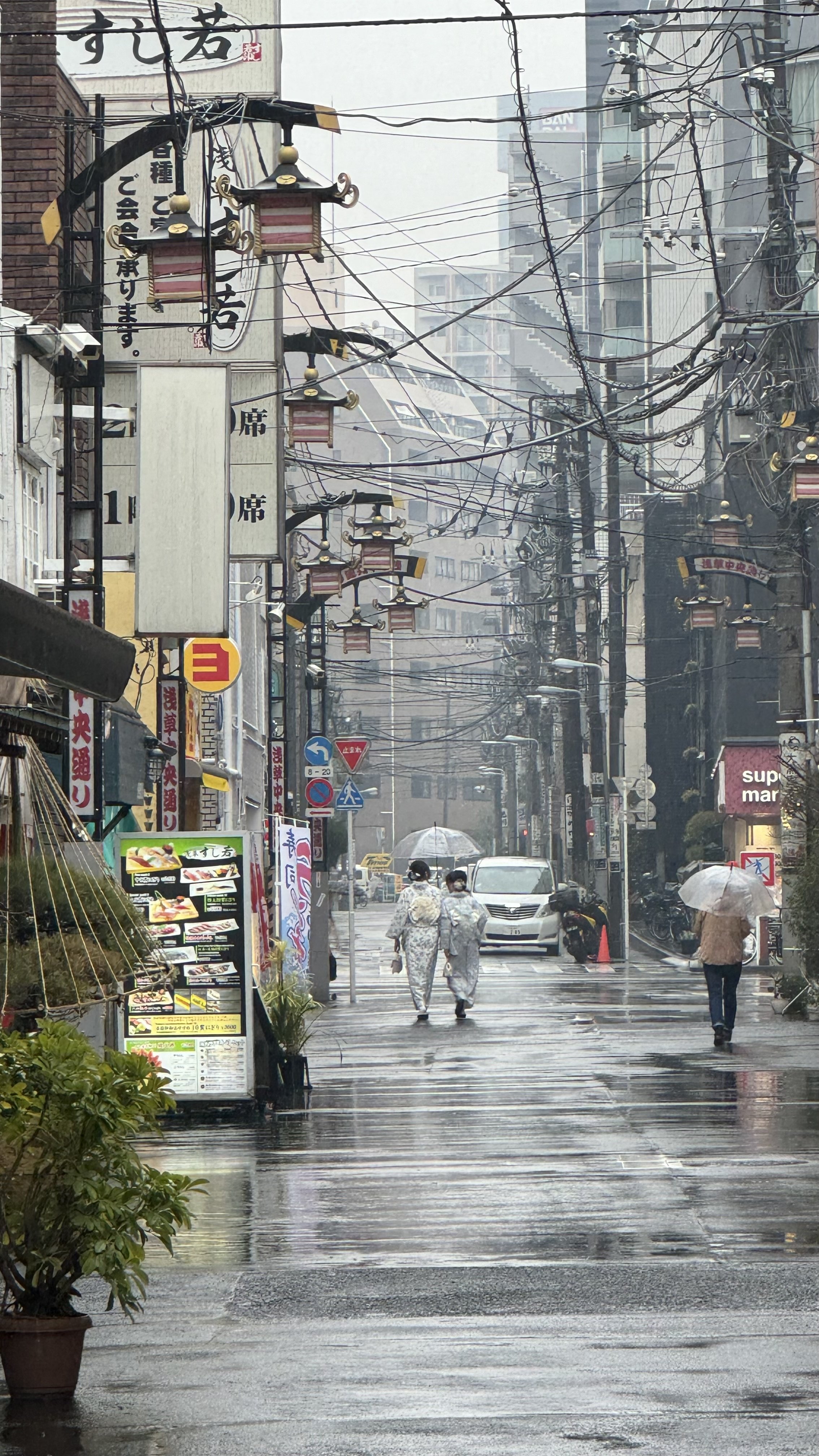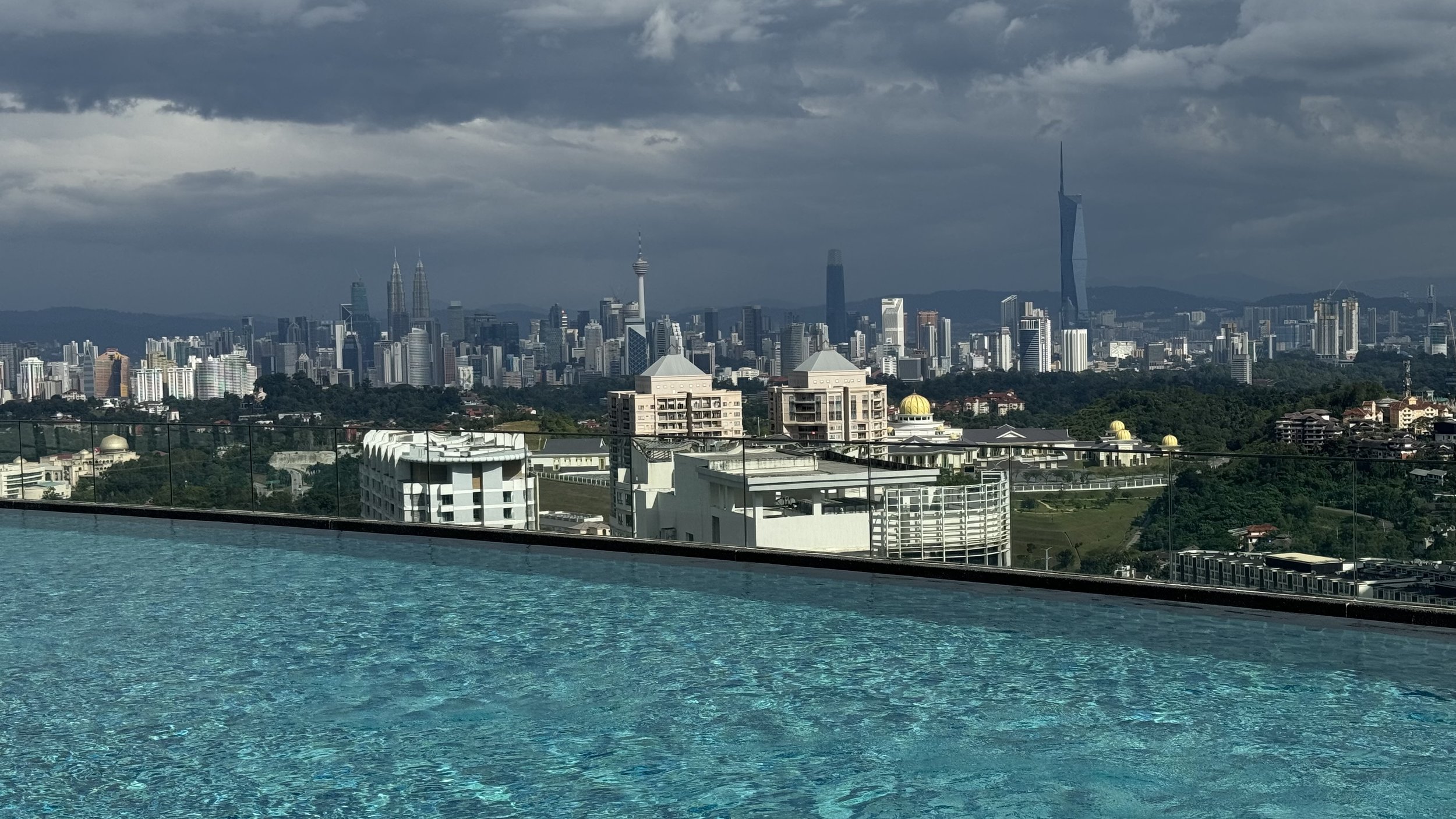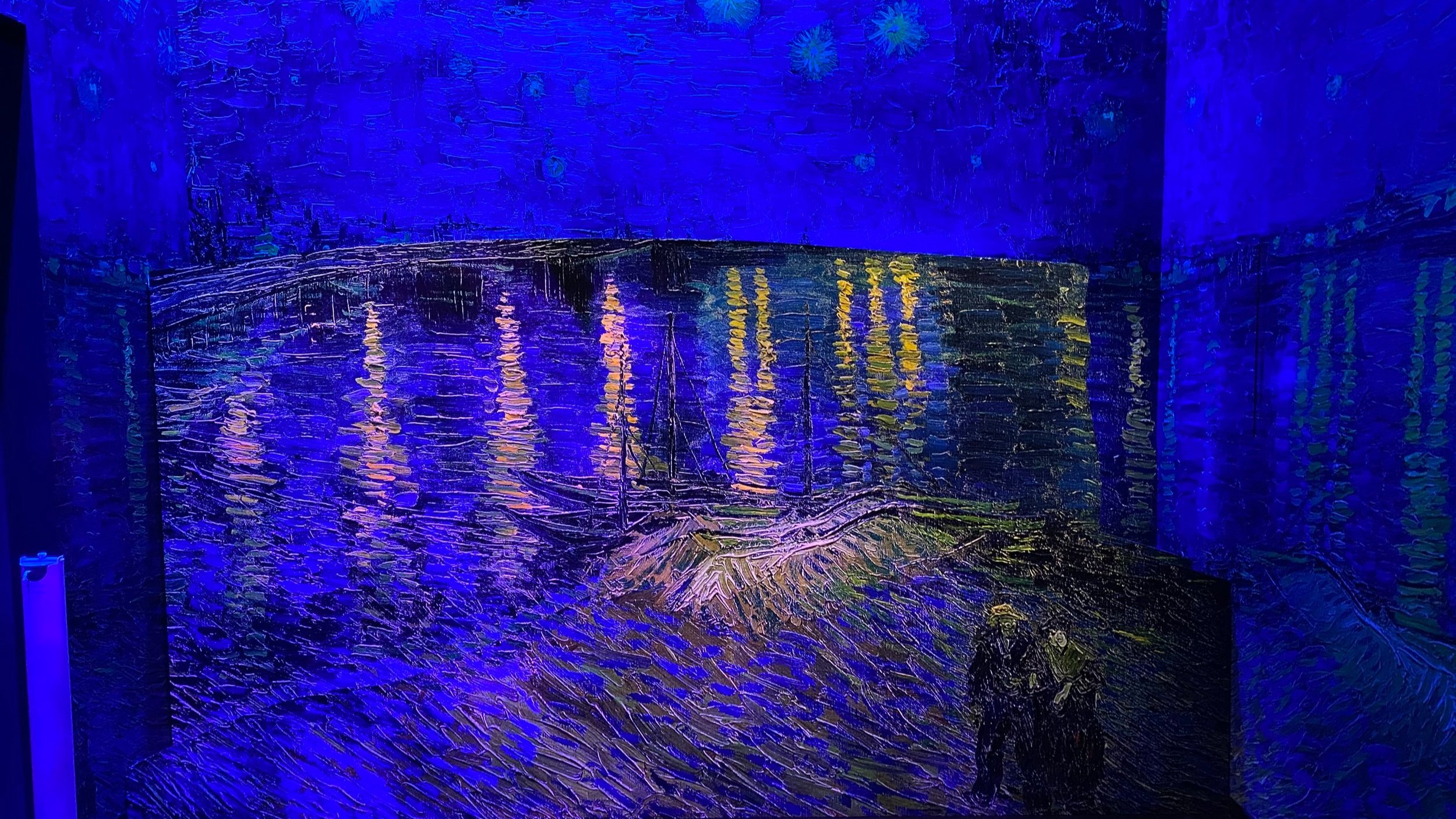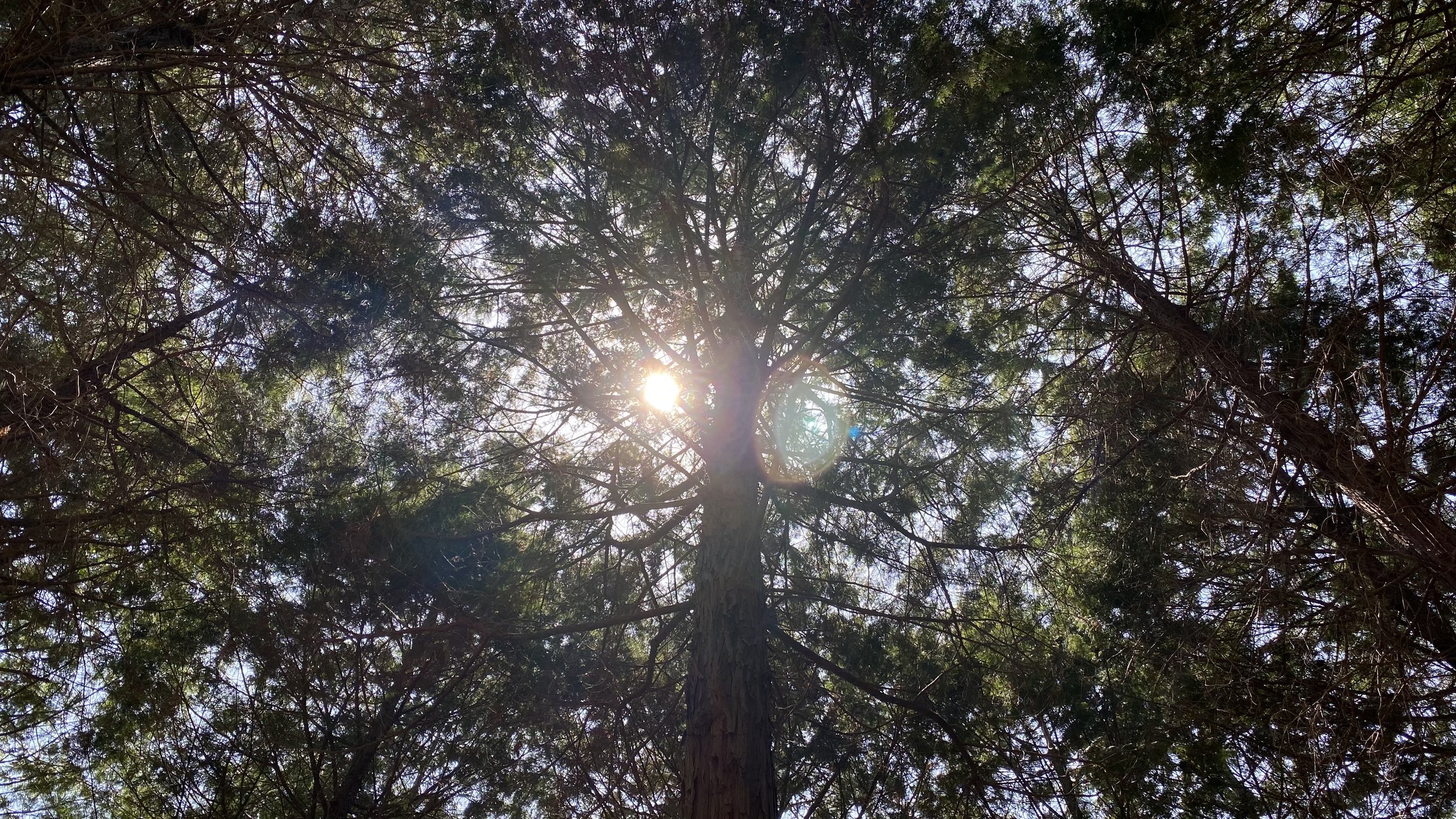GOD OF REDEMPTION
My wife and I are currently in Japan until this coming Sunday. I will be speaking and interacting with Korean missionaries working in Japan on the topic of hospitality on two fronts: providing hospitable (free and safe) space to our individual selves and offering the space to others. Afterward, we hit the road to the Philippines. My wife and I will be speaking to a church celebrating their 18th anniversary during Palm Sunday weekend. We remain grateful for this season of service and vitality.
“God does not and would not seem to waste anything in our lives,” I commented as a way of encouragement to a couple last night after dinner. I did not share any evidence from my life but made a general sweeping statement of how God seems to work in our lives. This was not the first time I had made such a statement. While I have not come up with an exhaustive list from my life, I do have a few concrete life-based convictions that God is a faithful and redeeming God. I would even say comical enough for me to crack a smile.
The breath of God’s redemption covers from incidental or almost accidental detours of our lives to side trails that stem from curiosity to lessons from having pursued some things near and dear to our hearts’ desires to even missteps or sins in our lives. Sin can be a great teacher if we are broken and honest to repent, experience God’s unconditional grace, and learn why we did what we did. The dark side in us resides on the other light side of the same coin, I have come to understand. In other words, gift, the light in us, and sin, the dark in us, sides represent two sides of the same coin. God is in the business of turning our darkness to draw us to the Light and the light in us. When we puff up our gifts enough to disregard the Giver of all gifts, it can lead to sin. On the other hand, if we get too harsh of not embracing God’s unconditional grace, and beat ourselves up in sin for not being perfect or good, it can damage our gift. Gift and sin are forever intertwined because it simply is us. We are not one or the other. We are both. Additionally, while God unconditionally forgives and forgives, the lessons learned can be a source of encouragement and healing to people we come across in various stages of life. Thus, we are all capable of holding the space of solidarity and hospitality, and being “wounded healers.”
I have never considered myself as a writer. Ever. Not until recently. When I went to UCLA, in my freshman year, I had to take one English composition class which was the only requirement as an engineering major. I decided to take the English writing class (English 3) during the summer before my freshman year. Since I viewed the requirement as more of a nuisance, my thought was to check that off my list as fast as I could. To my surprise, I found myself enjoying the writing though I do not remember how many times and what I had to write about. Given the proportion of time I spent, I was happy to receive a pretty decent grade of B as an engineering student. What is surprising is that I have not thought of the English class until very recently. I had somehow erased the class experience out of my memory.
When my mom found out that I was about to publish a book in Korean, she told me a story I had completely forgotten. According to my mom, I came home one day with a prize I won from an ESL writing class. My recollection still fails me, but I do vaguely remember coming home one day with a Parker pen. What I do remember is that I did enjoy the ESL writing class enough to remember the pretty and petite white middle-aged lady teacher. One day, I was shocked to witness the teacher crying in front of the class the day John Lennon died.
What started as a passage requirement and even a nuisance became an integral tool in shaping today’s vision and direction of my life. What I unknowingly and conveniently erased from my memory since it was not even close to my major has seen the light and now the appropriate attention. No wonder I used to walk 15 minutes up to the North Campus to study (or at least pretended to study) where the English, Social Studies, and Arts major students hung out. All the math, computer, and engineering students were at the South Campus. Maybe I wanted to be different. Maybe I was drawn to a more relaxed vibe of the North Campus. Whatever it was, it offered a new perspective of why I did what I did.
Accidents, incidents, deliberations, and comics of our lives and downright rebellion against God can all serve as paths toward transformation if we let them. This requires embracing all of our life. Why wouldn’t we? God already and always has embraced all of us.




















